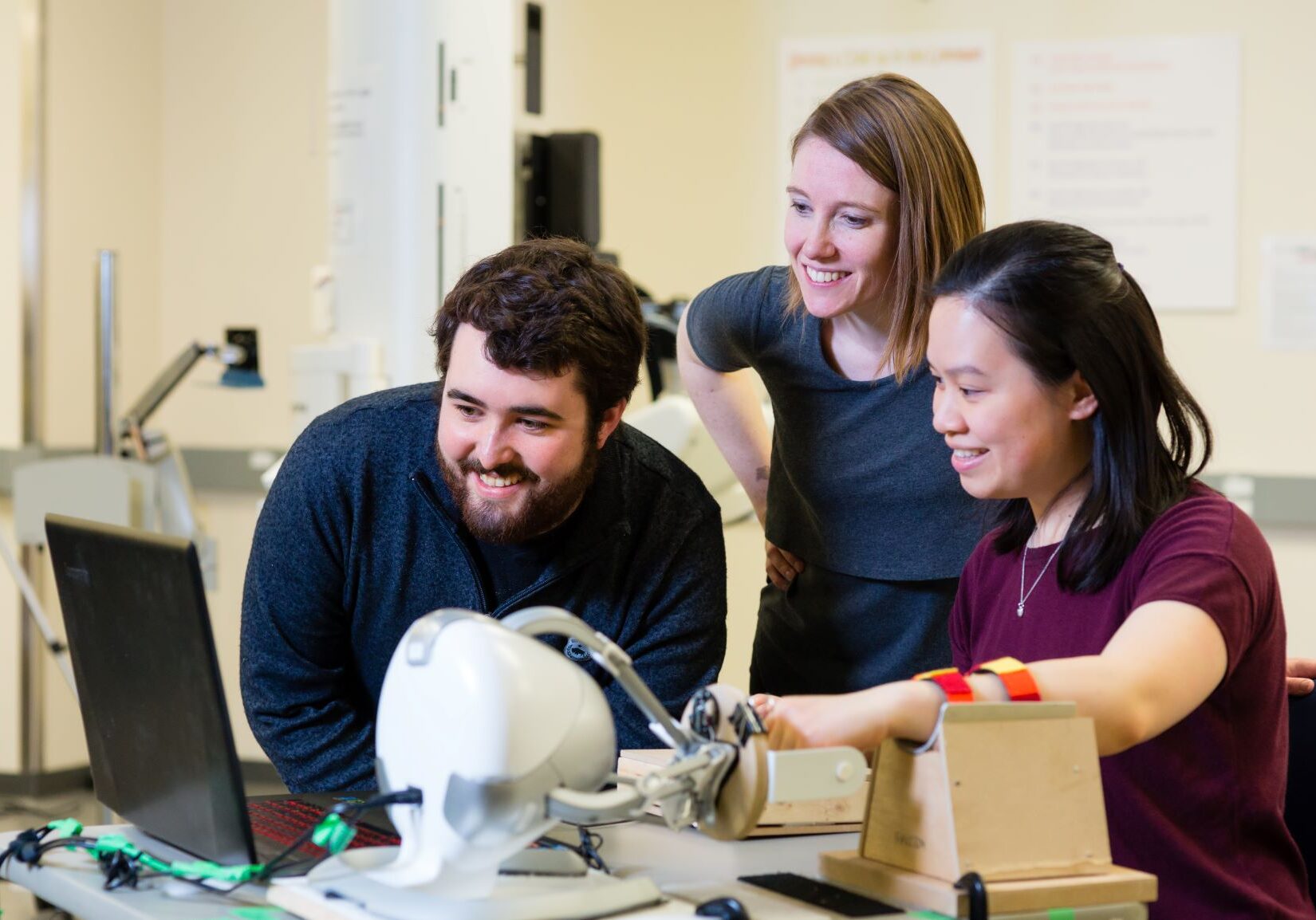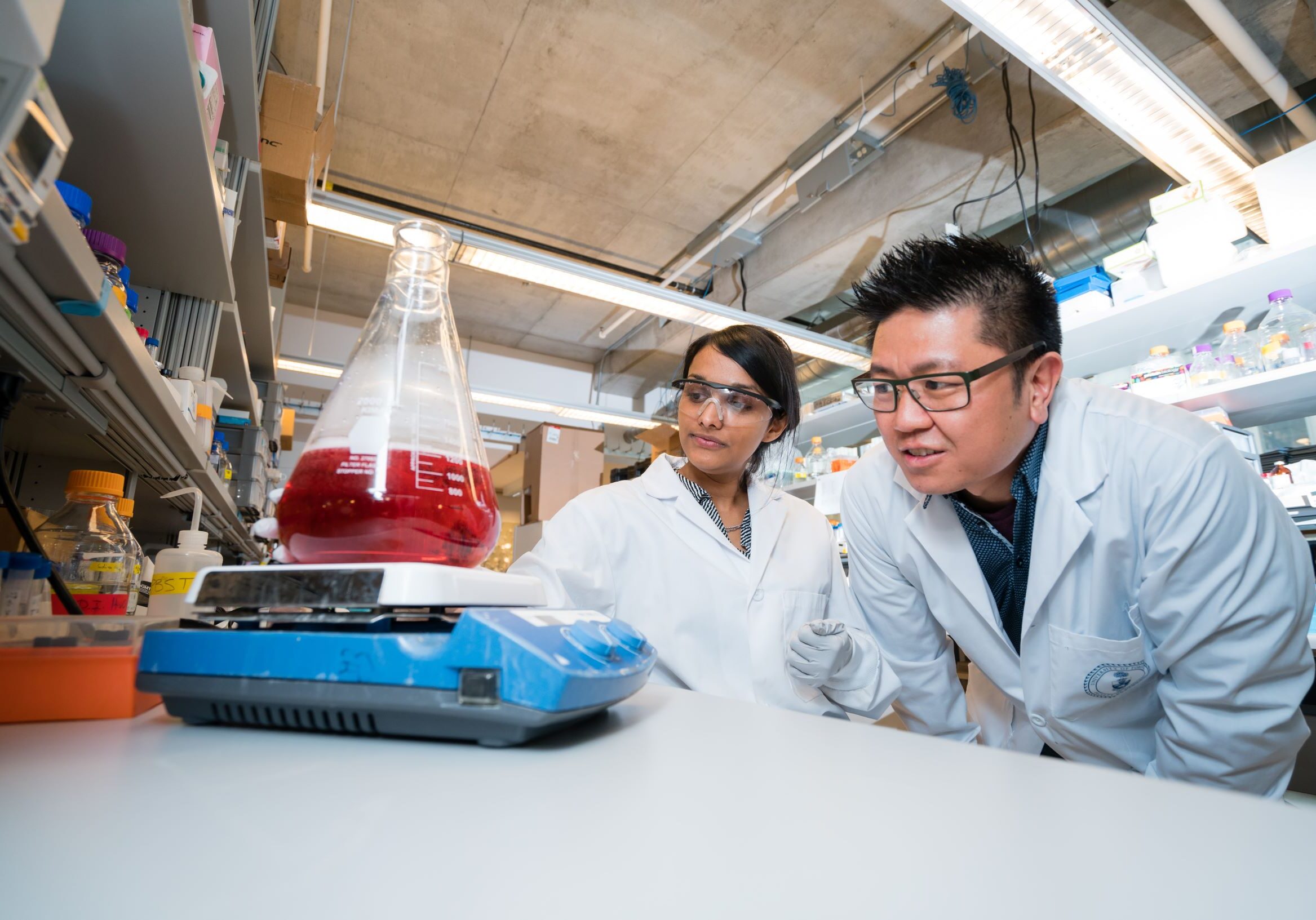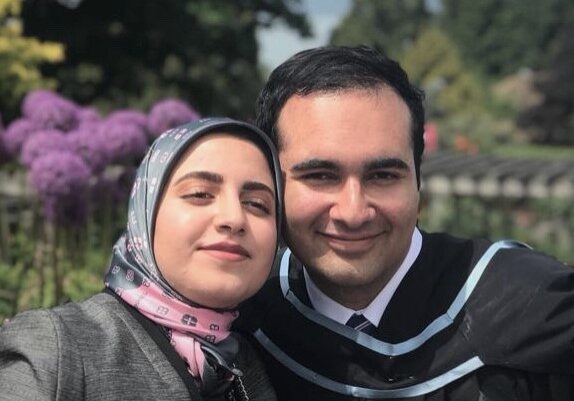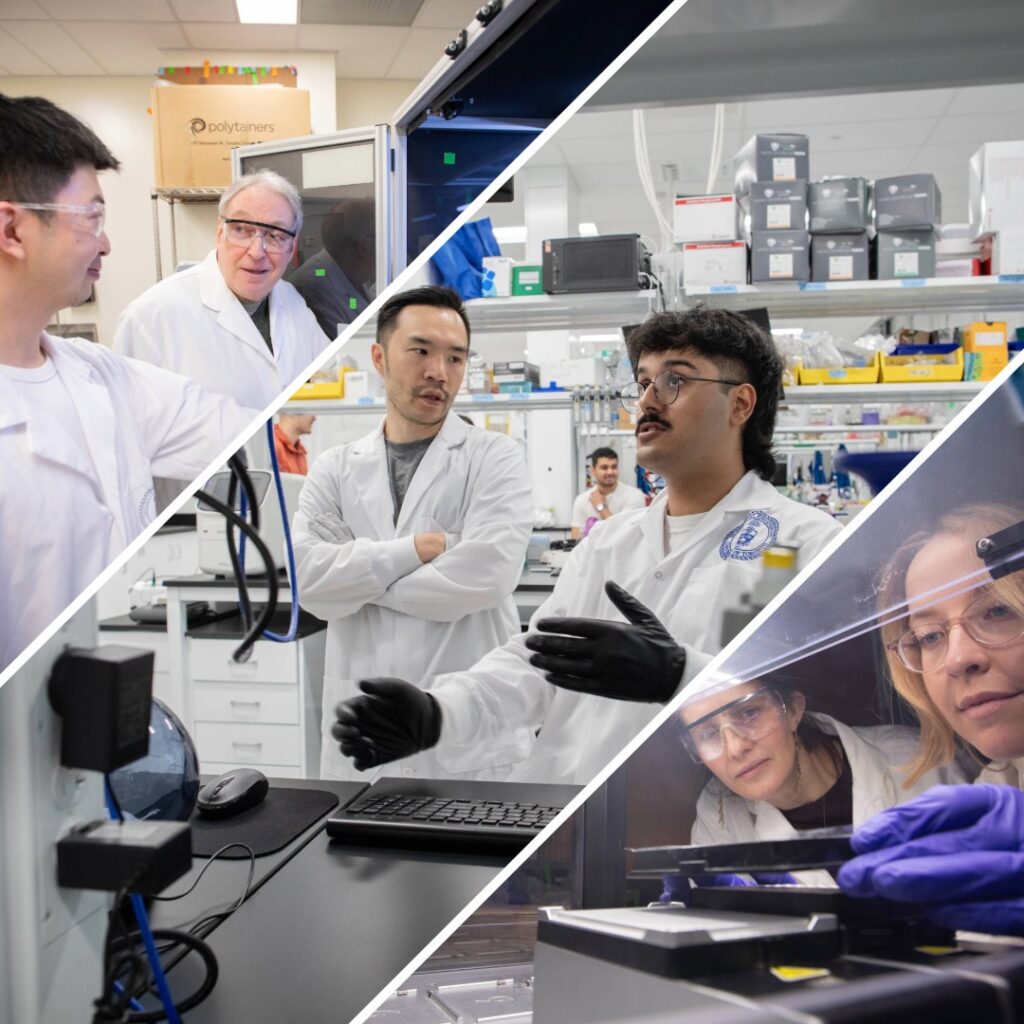Donate and support our projects
BME Student Fellowship
The BME Student Fellowship is aimed to fund top students in our graduate programs, where 100% of the proceed will directly go to students. Your contribution will have a positive and long-lasting impact in our student’s lives. Our goal is to raise $1 million in total fund. The Institute of Biomedical Engineering will provide a 1:1 match to your donation.
Biomedical Engineering Director's Fund
Contributions to Biomedical Engineering Director’s Fund give directors the flexibility to meet their students’ needs and the agility to seize opportunities as they arise in the rapidly evolving scientific and higher education sectors.
Mohammad & Zeynab Asadi-Lari Award
The Mohammad and Zeynab Asadi-Lari Award recognizes a MD/PhD student who has demonstrated excellence in innovation and brought about positive change.
Dedicated to improving student life
She was born with heart defects. Now she’s researching a cure.
U of T biomedical engineering student Bailey Bernknopf is working towards a better understanding of how aortic valve disease affects women and men differently.
Addressing unique patient needs with technology: U of T offers engineering training to medical students
Master of Engineering program gives MD students advanced tools to develop medical technologies.
Four IBBME students named 2017 Cecil Yip Doctoral Research Award recipients
PhD candidates studying nanoparticles for cancer drug delivery and biomaterials for nerve repair receive Donnelly Centre recognition.
The best place to treat type 1 diabetes might be just under your skin
New research from Professor Michael Sefton’s lab demonstrates viability of implanting pancreatic cells under the skin to treat type 1 diabetes.
Two IBBME PhD candidates named 2017 Vanier Scholarship recipients
Neal Callaghan and Marta Overchuk are this year’s IBBME recipients of Canada’s top doctoral research award
IBBME Discovery Program stimulates high school students to explore the science behind prosthetics
Discovery Symposium showcases pre-university students’ creativity behind biomedical engineering design challenges









